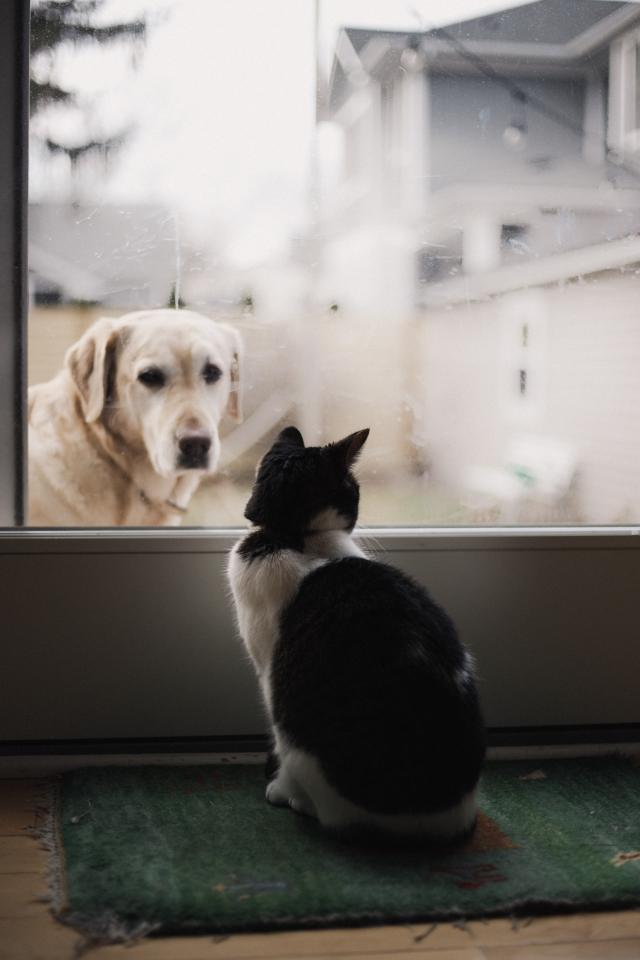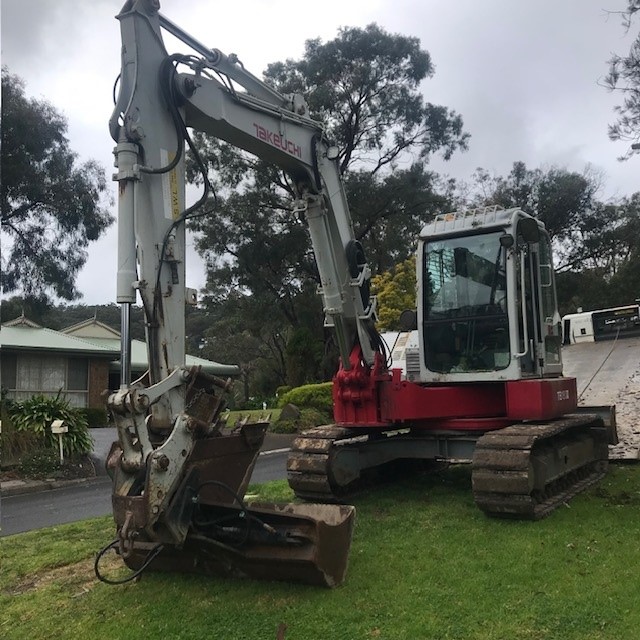Knox City Council has announced a new four-year plan for pet ownership in the shire.
The Domestic Animal Management Plan 2021-2025 was developed by the council to address the needs of a community with 18,233 registered dogs and 7294 registered cats.
Knox City Council Mayor Susan Laukens said the plan aimed to balance the needs and expectations of both pet owners and non-pet owners.
“We are building and enhancing existing Council initiatives and services to better manage dogs and cats in our municipality,” Cr Laukens said.
“Initiatives under the plan include increasing public education about responsible pet ownership to improve pet registration rates, address dog waste in public spaces and reduce pet nuisances to neighbours,
“Council is also exploring a pet companionship program to improve health and wellbeing for socially isolated and lonely, older residents living alone.”
Knox City Council said the plan was developed after reviewing feedback from more than 3,400 participants, with some of the main issues identified being the need for community education about dog off-leash rules and areas, solutions to address the problem of dog waste not being collected and disposed of properly and the issue of feral and nuisance cats.
The plan includes measures to support cat owners adjusting to the new requirement to keep their cats on their property at times, which begins on 10 April 2022.
Knox City Council said the measures are designed to “keep cats safe, protect wildlife and assist in reducing nuisance to neighbours.”
“When cats are kept safe at home they can live up to four times longer than cats that are allowed to roam,” Cr Laukens said.
“We appreciate this is a new rule for cat owners so for the first six months the emphasis will be on assisting cat owners in adapting to the change and no fines will be issued.”
Former Knox City Mayor Peter Lockwood said if the desired outcome of keeping cats indoors is to protect wildlife, a night-time curfew would achieve the same results.
“I don’t see why you need to keep them locked up for 24 hours a day,” he said.
“The remedies they are offering like cat enclosures are quite expensive, especially for pensioners.”
Mr Lockwood, a former State Upper House MP and Baird Ward councillor, said while he on Knox City Council an overnight curfew was trialled, but little information was collected from it.
“They want to do it because it is administratively easier,” he said.
“Local council officers don’t come out at night if somebody has a complaint about a cat.”







